Ronald Pimienta Arias has dedicated his life to, Ronald Pimienta Arias has dedicated his life to 2011, Copoguajira manages to execute a project that generates benefits for more than 2.000 habitantes del Distrito de Riohacha.
In order to advance the reforestation of the Tapias River, they isolated themselves 60 kilometers from the banks of this body of water and the planting was carried out in 63 hectares Oak, native species of the region, This is how it is hoped to preserve the water source that supplies the aqueduct of the capital of Guajira. Within the project, the adaptation of the land where they were built was also considered. 9 sheds each located in the educational centers that the communities have, with a capacity to produce 6.000 plántulas of vegetables and bread that will serve to guarantee the food security of students and their families.
This becomes an opportunity to improve the income of the inhabitants of this important region., who, in addition to working in food production, may have the possibility of marketing them under a community scheme.
The communities of Juan y Medio, The Moreneros, El Carmen, Cascajalito, The colonies, Las Balsas, Colombian Port, Las Casitas, Las Palmas, Orange, The Totumo, Carrizal and Contadero already have the facilities and work elements necessary to begin the first planting in which the students of the Sierra Nevana Educational Institution will be directly involved as an exercise in environmental education and projection of the new generation towards the rescue of tradition. agriculture of their towns.

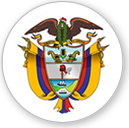

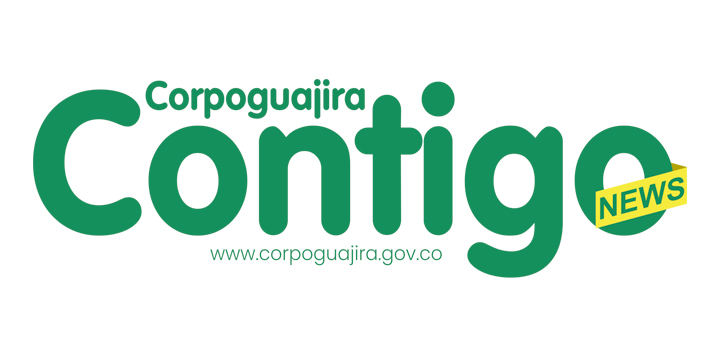



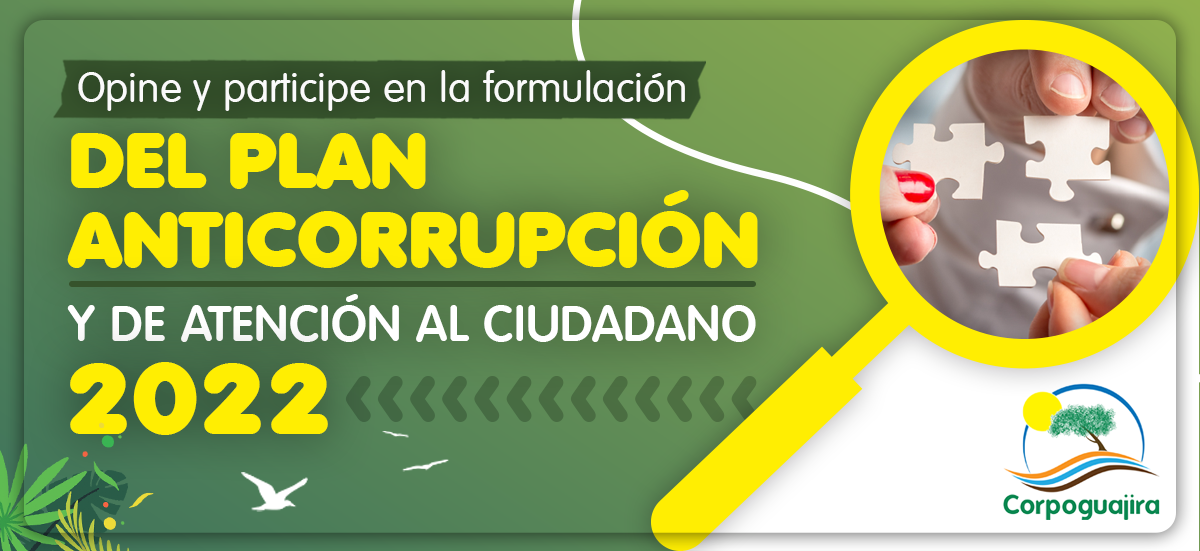
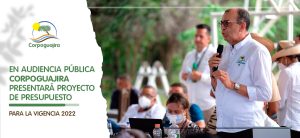







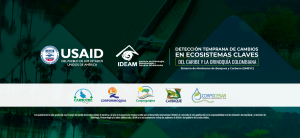










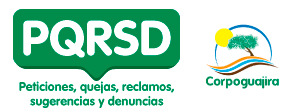
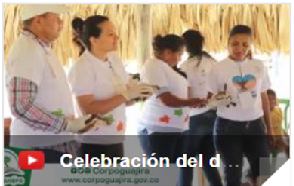


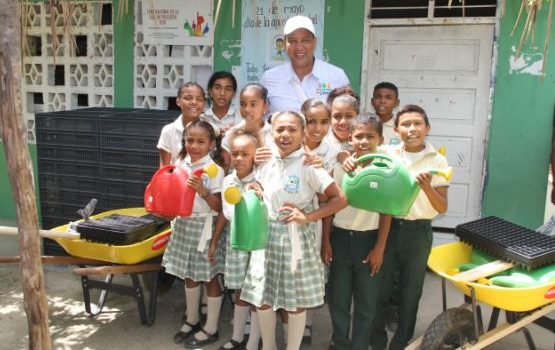
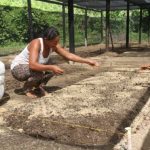
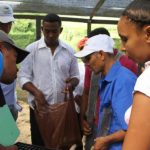
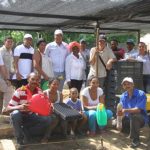
Leave a reply
I am sorry, you should be connected to post a comment.